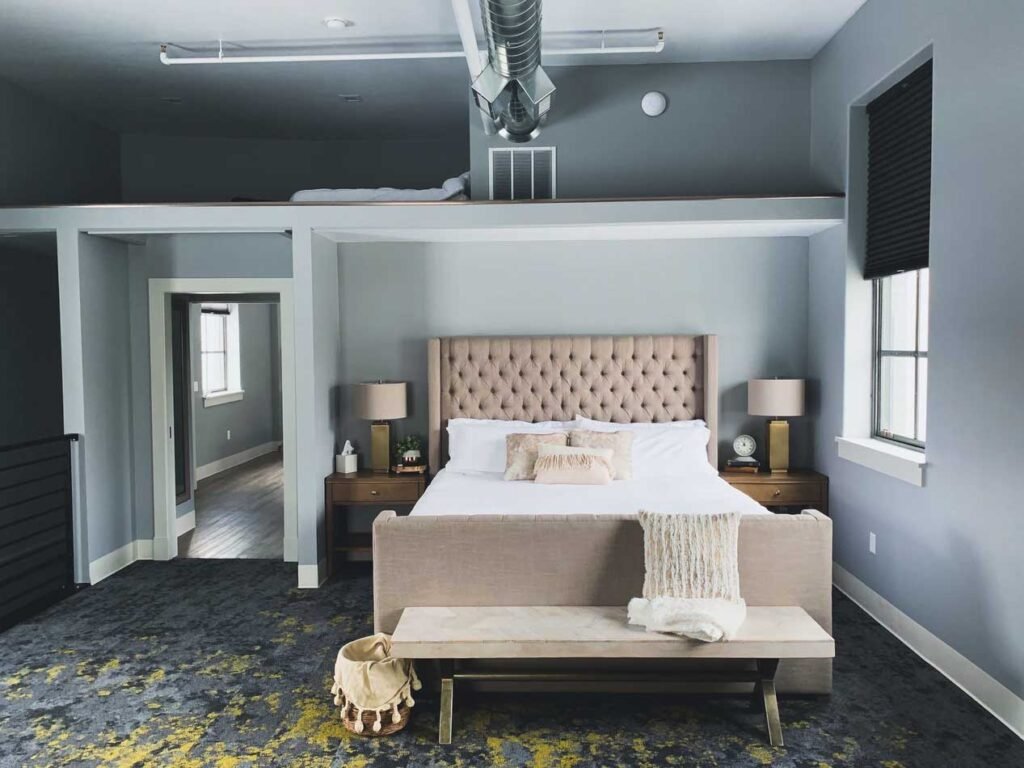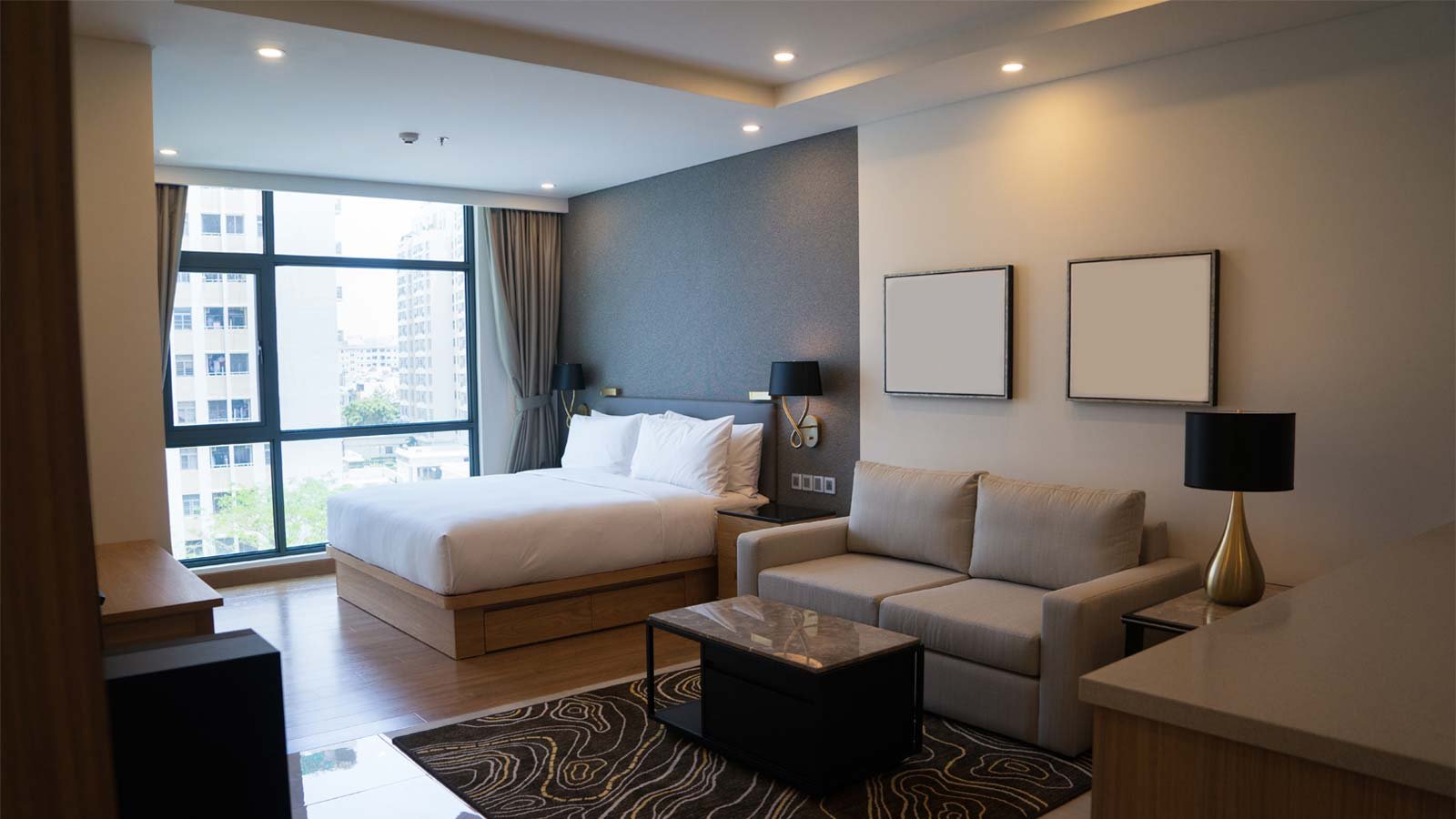With more people flocking to urban areas, it’s becoming increasingly challenging to find affordable housing. Housing prices are going up with the influx of new city residents, and this poses a problem for middle-income urban dwellers. This has many urban residents embracing the micro-apartment trend, especially when it comes to younger generations. The reason why the housing trend is so popular among millennials is that it perfectly suits their lifestyle.
The trend has given green light to developers, architects, and designers to build smaller and get creative with the available space in order to meet the needs of the millennial on-demand lifestyle. In this article, we’ll be taking a look at the trend of micro-apartments, the ways it is influencing the housing market, and what we can expect from this millennial-inspired housing trend.

How micro apartments complement millennials’ lifestyle
What makes millennial renters choose tinier, more modest accommodations over the traditional, larger rentals is that the former are more in line with their lifestyle. First of all, they prioritize location over amenities and square footage, so they’ll gladly move into a smaller space if that means they’ll be closer to the city centre. Secondly, living in a micro-apartment also allows for more freedom and flexibility, both of which millennials tend to place a high value on.
Finally, choosing smaller living arrangements and moving into co-living spaces also means they’ll be reducing their ecological footprint and living a more sustainable lifestyle, something that many millennials are actively engaged in.
What does a micro apartment look like
One of the features that make micro-apartments so appealing to millennials (other than their affordability) is the freedom that comes with them. Tech-savvy and fiscally conscious, millennials are in search of basic spaces that will allow them to focus on themselves and their personal and professional goals, which is why many will choose to rent an all-inclusive studio apartment as a convenient and flexible housing solution in major cities.
While they’re usually less than 400 sq ft, such apartments are designed in a way that is highly functional and supports a minimalist lifestyle to which many millennials are drawn. A typical micro apartment community will contain various amenities such as kitchens, working spaces, lounges, roof decks, and self-serve laundromats that are shared by the residents. The cleaning services means less maintenance and more time to focus on things that matter, while the possibility to mix with other residents and meet new friends makes these apartments for rent in Norman even more appealing to millennials.

A tiny solution to a big problem
There are many reasons why the micro-apartment trend might be the answer densely-populated cities are looking for. First off, renting smaller apartments costs less, and with the reduction in size, the monthly bills and overall costs go down.
This allows city residents to keep their housing costs at around 30% of their monthly incomes, which is in line with the financial experts’ recommendations. What this means is that there’s more room in their budget for other financial goals, whether it’s saving for retirement, education, or paying off student loans, which is one of the biggest financial goals for many debt-ridden millennials. Securing affordable housing for city residents also lowers the risk of households becoming homeless and it’s also preventing them from getting pushed into increased poverty.
The effects of the micro-apartment trend on the economy
Aside from effectively solving the problem of affordable housing, this millennial real estate trend is not only beneficial for urban residents but also for the economy. The likelihood of individuals being dependent on government benefits decreases with lower housing costs, meaning they won’t be putting a strain on society’s resources. This will help reduce the pressure that is put on charities and programs to provide help for the homeless and could save the cities a significant amount of money.
More room in the resident’s budgets also means increased consumer spending, which will give a boost to the economy. Providing affordable housing will also attract more new residents, which, in turn, will help create more jobs. On the plus side, due to the small size and fewer materials needed for construction, tiny apartments cost significantly less to build, so there’s less upfront investment involved.

Wrapping up
Inspired by the millennial lifestyle, the micro-apartment trend is as beneficial for the cities and economy as it is for their residents. It’s changing the housing industry and the way we live while also solving the problem many cities are facing which is a lack of affordable housing.
Given the rise in demand for tiny apartments among millennials, they’re seen as a sound investment by the developers, so it’s safe to say that the tiny living trend is here to stay.


